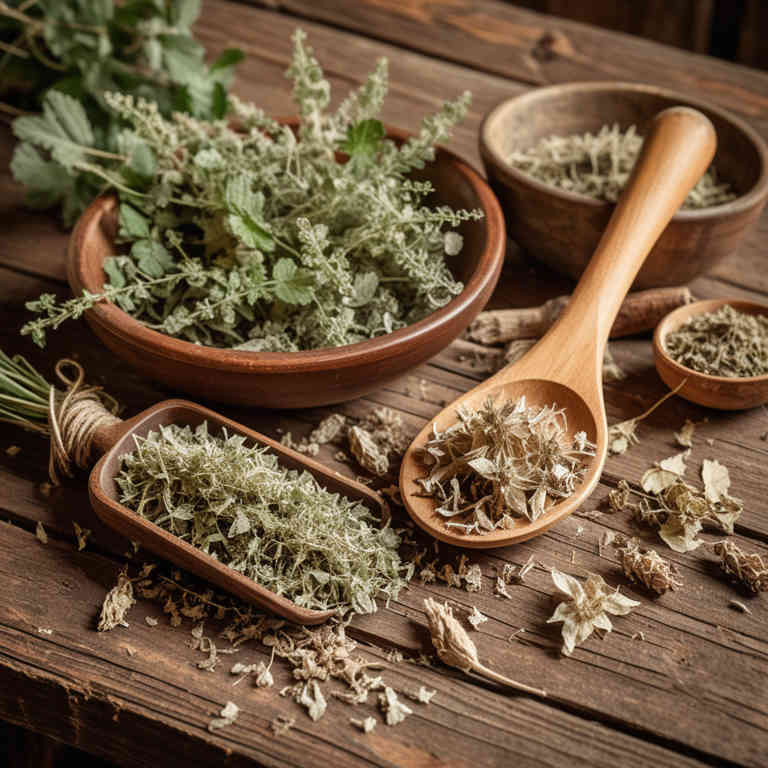Melissa officinalis decoction for medicinal use

Melissa officinalis decoction is a preparation made by boiling the leaves of the lemon balm plant, which is known for its calming properties.
This decoction is commonly used in herbalism to support digestive health and reduce anxiety. It is often recommended for its mild sedative effects, helping to ease restlessness and promote relaxation. The preparation can be taken as a tea or used in tinctures for broader therapeutic applications.
Its soothing nature makes it a popular choice for those seeking natural remedies for stress and digestive discomfort.
Uses
Melissa officinalis decoction has been used to promote relaxation, reduce anxiety, and improve sleep quality for centuries.
Historically, it was valued in ancient Greek and Roman medicine for its calming effects and was often used to treat nervous disorders and insomnia. In traditional herbal practices, it was also employed to support digestive health and alleviate symptoms of colds and fevers. Modern research has validated its anxiolytic properties, leading to its use in herbal remedies and dietary supplements for stress relief.
Today, it remains a popular natural remedy for promoting mental well-being and restful sleep.
Benefits
Melissa officinalis decoction has health benefits such as reducing anxiety and promoting relaxation due to its calming properties.
It is known to support digestive health by soothing the gastrointestinal tract and alleviating symptoms like bloating and indigestion. The decoction may also help in reducing stress and improving mood by influencing the nervous system. Additionally, it is rich in antioxidants that can boost the immune system and protect cells from oxidative damage.
This herbal preparation is often used in traditional medicine for its soothing and therapeutic effects on both the mind and body.
Constituents
Melissa officinalis decoction active constituents include compounds such as flavonoids, phenolic acids, terpenoids, and essential oils.
These components contribute to the decoction's calming and digestive properties. The flavonoids, like apigenin and luteolin, are known for their antioxidant and anti-inflammatory effects. Terpenoids, including citral and geraniol, provide antimicrobial and mood-enhancing benefits.
Overall, these active constituents support mental well-being, digestive health, and stress reduction.
Preparation
To make Melissa officinalis decoction, start by gathering fresh or dried lemon balm leaves.
Rinse the leaves thoroughly and place them in a pot with about 1 liter of water. Bring the mixture to a boil, then reduce the heat and let it simmer for 10 to 15 minutes. Strain the liquid through a fine mesh strainer or cheesecloth to remove the plant material.
Allow the decoction to cool slightly before using it as a calming tea or applying it topically for its soothing properties.
Side Effects
Melissa officinalis decoction may lead to gastrointestinal discomfort, including nausea, vomiting, and diarrhea, especially when consumed in high doses.
It can also cause allergic reactions in individuals sensitive to the lemon balm plant, manifesting as skin rashes, itching, or respiratory symptoms. Prolonged use may interfere with hormonal balance, potentially affecting thyroid function and reproductive health. In some cases, it may interact with medications, such as sedatives or antidepressants, increasing the risk of drowsiness or other adverse effects.
It is important to consult a healthcare professional before using this preparation, particularly for pregnant or nursing women and those with existing medical conditions.